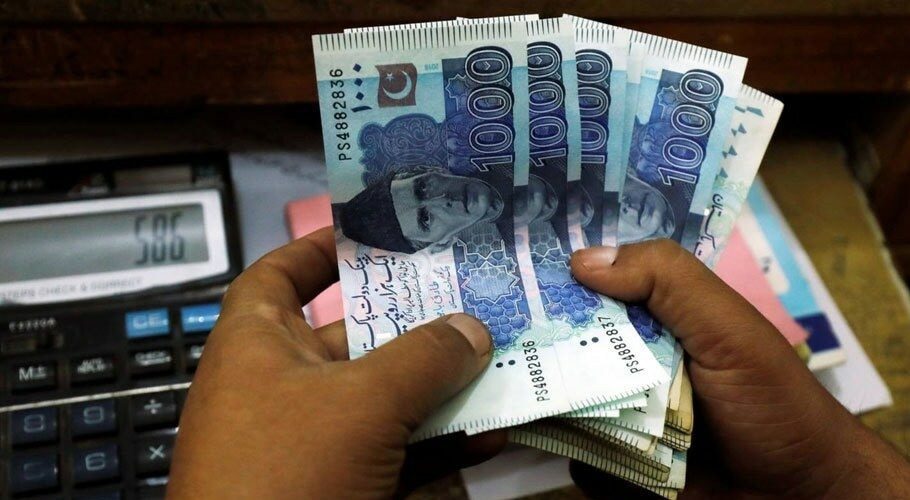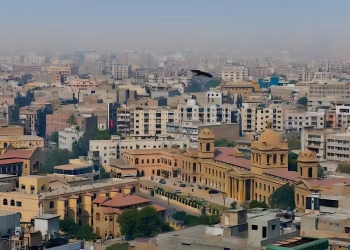As talks on bailout funding have been on hold for months, Pakistan has made revisions to its budget for the upcoming fiscal year in a last-ditch bid to win over the International Monetary Fund.
The government has withdrawn certain exemptions, re-imposition/increase in additional customs duties (ADCs)/regulatory duties on imports of luxury items, five percent Federal Excise Duty (FED) on fertilisers, FED on sugary drinks from 10 to 20 percent and proposed to raise income tax on high-income earners.
The government has taken additional taxation measures of Rs215 billion through amendments in the Finance Bill 2023 taking the total taxation measures to Rs438 billion for 2023-24.
In an announcement, the country’s top tax collection authority said the current income tax rate for the slabs starting from 20pc and onwards for the salaried and non-salaried business classes have been proposed to be increased by 2.5 percent.
Likewise, the tax slabs starting from 20 percent onward for business classes are also proposed to be increased by the same anmount.
With these taxes, the government aimed to garner Rs30 billion from salaried and non-salaried individuals as the country is facing all possible options to generate funds amid facing debt crisis.
The continuation of taxation measures taken in February 2023 of Rs170 billion would have a revenue impact of Rs680 billion in 2023-24. The FBR has taken new tax measures of Rs223 billion in budget (2023-24). The additional measures of Rs215 billion have been proposed through amended Finance Bill 2023. Therefore, the total revenue impact of all measures including mini-budget would be over Rs1,115 billion in 2023-24.
In budget (2023-24), total taxation measures stood at Rs223 billion and relief measures of Rs23 billion in budget (2023-24). The net impact of the taxation measures comes to around Rs200 billion for 2023-24.

































